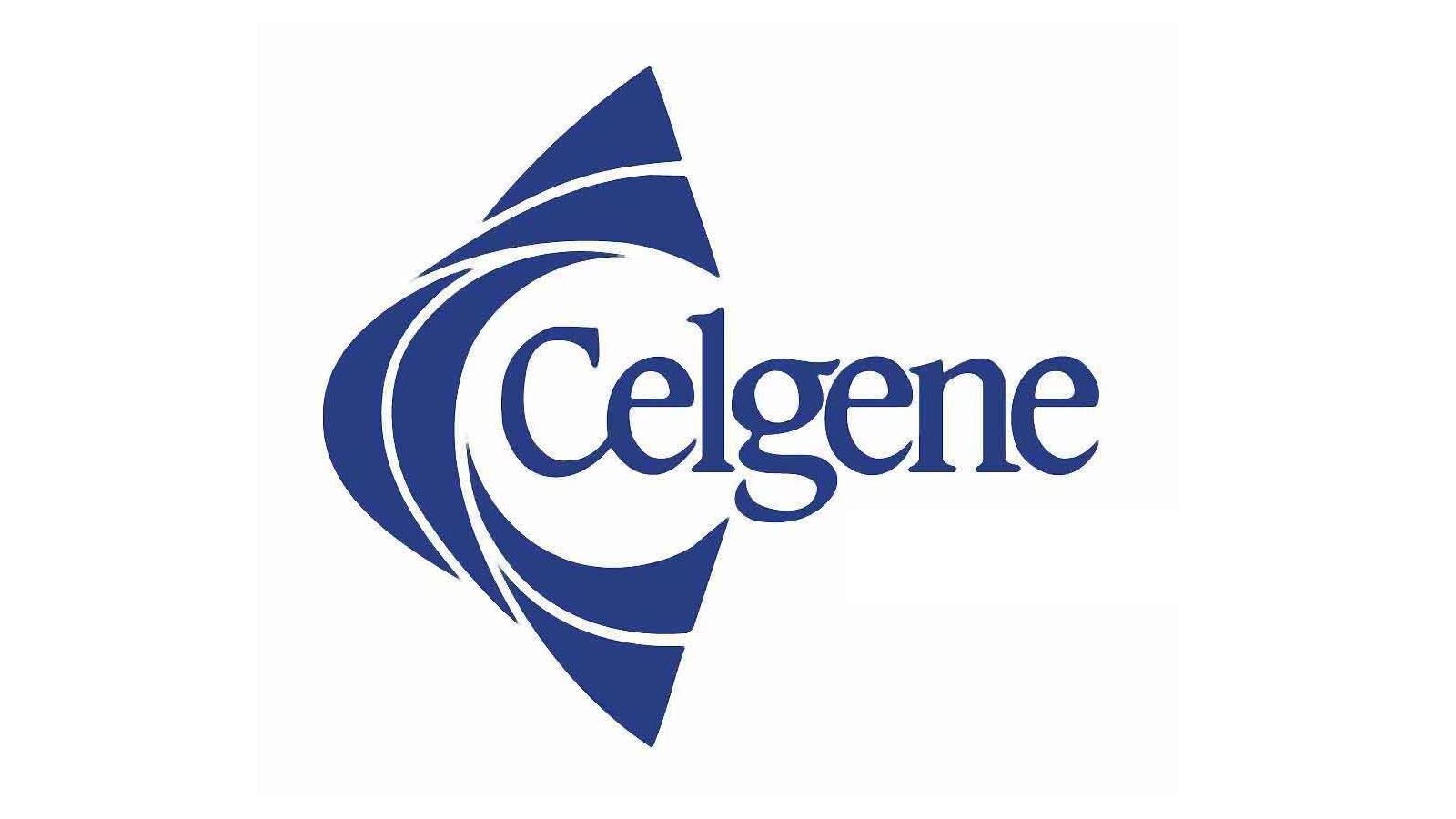Celgene to tackle 'undruggable' targets with Vividion

Celgene has signed a deal with Vividion Therapeutics to develop drugs for oncology, inflammatory, and neurodegenerative diseases.
The new collaboration comes after a number of major setbacks for the firm, including the FDA’s rejection of a potential multiple sclerosis blockbuster, and casts attention on to the company's longer term plans.
The multi-year collaboration will focus on small molecules that function through the ubiquitin system – which can mark proteins for degradation by protein complexes called proteasomes.
These help degrade unneeded or damaged proteins, and are the cell’s natural mechanism to regulate misfolded proteins that could cause disease.
The idea behind the drugs is to control levels of certain proteins for therapeutic benefit.
Vividion was spun out of the labs of its scientific founders, a team of experts in chemical biology and synthetic chemistry from The Scripps Research Institute in La Jolla, California.
Vividion will receive $101 million from Celgene, which has signed a collaboration deal for four years, with the option to extend for another two years for an additional payment.
The San Diego biotech will identify ligands and discover drug candidates against a list of “high value, difficult-to-treat targets”.
Its technology makes accessible the broad set of proteins expressed in human cells and for the first time allows protein-drug interactions to be assessed with precision directly in native biological systems.
Vividion will lead initial discovery efforts for drugs to be included in the collaboration, and Celgene will have the right to opt in as clinical trials begin.
Celgene will get exclusive worldwide rights for some drugs, while Vividion could receive up to double-digit royalties on sales and milestone payments.
For other drugs, Celgene and Vividion will share equally either US or worldwide development costs and marketing profits and losses.
Rupert Vessey, president of Research and Early Development, at Celgene, said: “This collaboration will provide both companies with the opportunity for a comprehensive, accelerated drug discovery approach to develop first-in-class therapeutics in areas with high potential impact for patients.”

Diego Miralles
Diego Miralles, CEO of Vividion, said: “We believe we can transform and accelerate the way small molecules are discovered, as our proprietary screening technology rapidly identifies and advances chemistry for targets that until now have remained undruggable.”
Even though Celgene said it plans to accelerate development of any drugs to emerge from the collaboration, it will be many years before any reach the market.
Nevertheless the company is aiming to replenish its pipeline during a difficult period – late last month doubts emerged over its acquisition of Receptos after the FDA rejected multiple sclerosis hopeful ozanimod.
Celgene paid $7.2 billion for Receptos in 2015 to get rights to ozanimod – but the FDA said that nonclinical and clinical pharmacology sections in the filing were insufficient for a complete review.
The company is to meet with the FDA to find additional information required to refile.
And last autumn Celgene decided to axe development of its gene silencing drug, mongersen, a drug it was developing for Crohn’s disease following a phase 3 trial failure.
Celgene had paid $710 up front for the drug, developed by a little-known Irish biotech, Nogra Pharma, and had tipped it to produce peak annual sales in the region of $5 billion.












